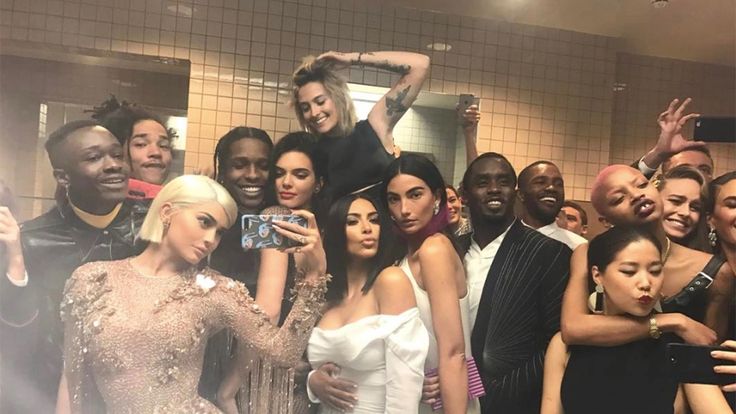Reality TV has become more than just a source of entertainment—it’s a cultural force. From dating dramas to talent competitions, these shows shape how people think, dress, behave, and even dream.
But what are the deeper effects of reality TV on society, especially among today’s youth?
Let’s dive into how reality shows are influencing family values, fashion trends, social behavior, and media culture.
👨👩👧👦 1. Influence on Youth and Social Behavior
Reality TV often presents exaggerated emotions, instant fame, and luxury lifestyles. Young viewers, especially teenagers, are highly impressionable.
Positive Effects:
- Inspires ambition (e.g., MasterChef Junior, India’s Got Talent).
- Encourages self-expression and confidence (Drag Race, Bigg Boss).
Negative Effects:
- Promotes toxic behavior (fights, gossip, backstabbing).
- Reinforces unrealistic beauty standards.
- Normalizes public humiliation and emotional manipulation.
👉 Many youth today mimic the speech, fashion, or drama seen on shows—sometimes confusing entertainment with real-life behavior.
👗 2. Shaping Fashion and Beauty Trends
What contestants wear often becomes a global style statement. Shows like Love Island, Keeping Up with the Kardashians, and Bigg Boss have influenced millions of fashion choices.
Examples:
- Crop tops, bold makeup, and neon swimwear became popular after Love Island UK.
- Shilpa Shetty’s sarees from Bigg Boss sparked a resurgence in ethnic fashion.
- Influencer-driven beauty standards now dominate Instagram and TikTok.
While some trends promote creativity, others pressure young audiences to conform to filtered perfection.
🧠 3. Impact on Mindset and Aspirations
Reality shows can both empower and mislead audiences. Many youth now aspire to be “famous” rather than “skilled” — influenced by overnight stars and influencers.
Key Observations:
- Shows like Shark Tank and The Apprentice motivate entrepreneurship.
- Dating shows can reduce love to entertainment, leading to distorted views of relationships.
- The chase for fame can overshadow the importance of hard work or education.
Reality TV often presents edited success stories, hiding the grind and amplifying the glamour.
📺 4. Influence on Family Values and Morality
Many shows blur the lines between acceptable and controversial behavior. This affects how viewers interpret respect, relationships, and family structures.
Concerns Include:
- Disrespect in public arguments becoming normalized.
- Infidelity and emotional games showcased as “content.”
- Parents and children watching conflicting moral messages.
Yet, some family-oriented shows (like Kaun Banega Crorepati or Indian Idol) promote togetherness, talent, and cultural respect.
🌐 5. Media Consumption and Screen Addiction
With 24/7 access to shows via streaming platforms and YouTube, reality TV is part of daily digital life. It changes how we:
- Communicate (meme language, reality slang).
- Prioritize content (short clips over long stories).
- Judge success (likes, views, followers).
Result: Society becomes more reactive, image-conscious, and celebrity-obsessed.
⚖️ Final Thoughts: Is Reality TV Good or Bad for Society?
Reality TV is a double-edged sword.
It can entertain, inspire, and empower—but also distort reality, glorify bad behavior, and influence fragile minds.
To reduce negative effects:
- Parents should guide young viewers.
- Producers must be responsible in content creation.
- Viewers should critically evaluate what they consume.


